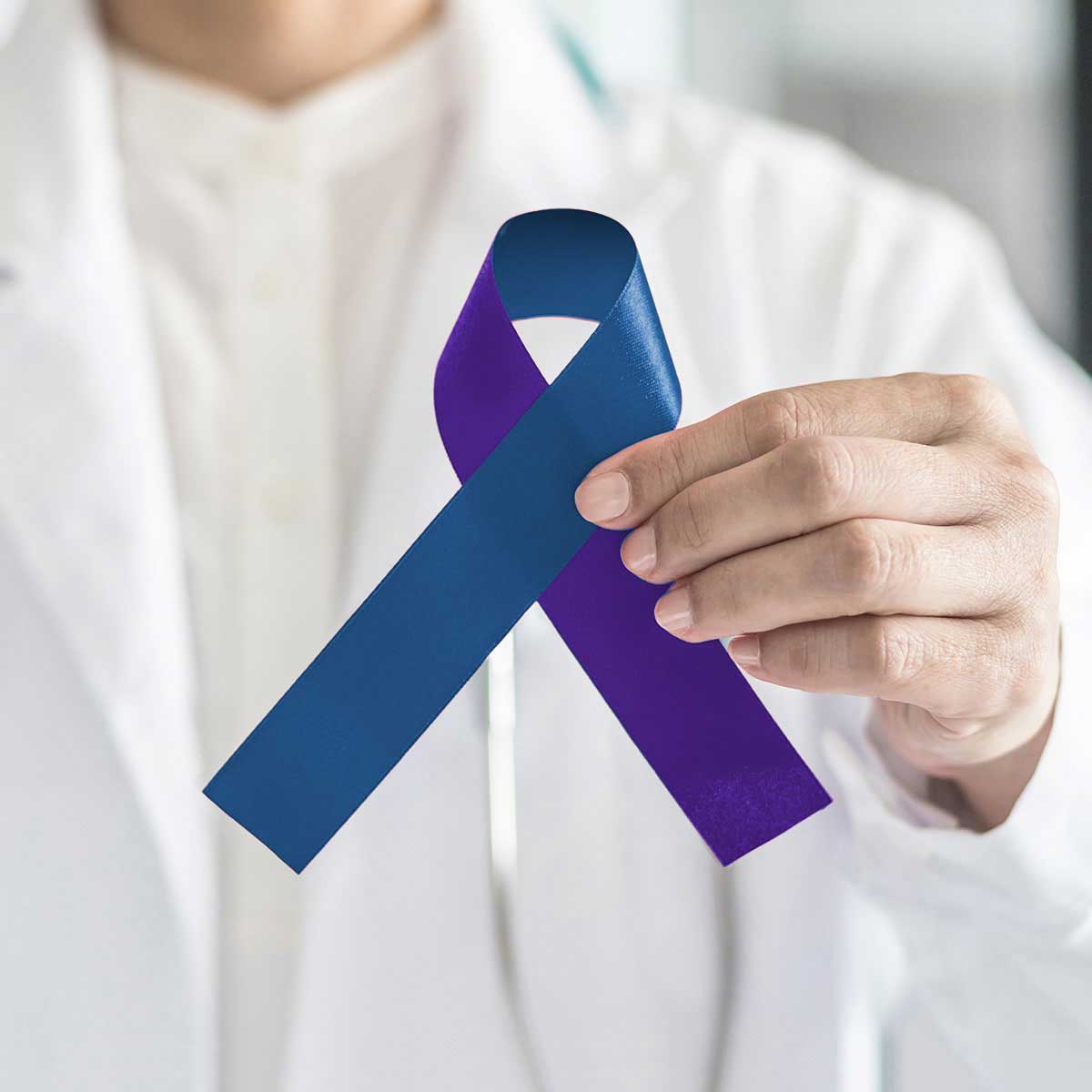Search by Color or Cause


World Autoimmune and AutoInflammatory Arthritis Day is aimed at raising awareness about autoimmune and auto-inflammatory diseases that show up with arthritis as a major component. Established in 2012 by the International Autoimmune Arthritis Movement, it is celebrated each year on May 20. Wear a purple and blue awareness ribbon pin to recognize World Autoimmune and AutoInflammatory Arthritis Awareness Day. Personalized Cause offers enamel awareness pins in this color combination. These pins can be both engraved and without engraving.
The term arthritis covers over 100+ conditions that involve joint pain. Autoimmune Arthritis Diseases are a small group of like illnesses that share both symptoms and treatment methods. By creating a separate day for this group, awareness about these specific, systemic, and sometimes deadly diseases can finally be brought to a global level. This day is designed to raise awareness about Autoimmune Arthritis Diseases, specifically that they are not the same as having arthritis, or only joint involvement.
Although many types of autoimmune disorders are rare, collectively they affect more than twenty-four million Americans. Autoimmune disorders occur when the body’s immune system mistakes its own healthy cells, tissues, and organs for foreign diseases and infections, therefore attacking and weakening healthy body function.
Though the cause for autoimmune disorders is mostly unknown, it’s widely accepted that both genetic and environmental factors can both contribute. With rare forms of autoimmune disorders, people can sometimes go years without being diagnosed.
As we bring attention to World Autoimmune AutoInflammatory Arthritis Day, it’s important to understand how autoimmune and auto-inflammatory diseases are related yet different.
Rheumatoid Arthritis (RA) is an autoimmune (and sometimes auto-inflammatory) disease that causes inflammation in joints such as hands, wrists, elbows, feet, ankles, and knees. Though there are over one hundred types of autoimmune and auto-inflammatory diseases in the world, RA is considered a core autoimmune arthritis disease. Unlike osteoarthritis which is caused from the wearing away of the cartilage that caps the bones in your joints, rheumatoid arthritis (RA) is caused by the immune system attacking the joints. Most commonly, RA is an autoimmune disorder. Though in rare occurrences, it can present as both autoimmune and auto-inflammatory.
Autoimmune diseases and auto-inflammatory conditions are characterized by a hyperactive response of the immune system that causes damage to the organs, tissues or cells in the body. There are more than a 100 types of autoimmune arthritis affecting people globally. It is estimated that approximately 23.5 million individuals worldwide are impacted by various forms of autoimmune diseases.
Autoimmune arthritis is a condition in which the patient’s immune system attacks the cells in its body, resulting in joint inflammation. The inflammation caused due to autoimmune arthritis is not limited only to the joints and may also affect other organs in the body.
Although this list doesn’t contain all autoimmune arthritis, some of the most commonly occurring forms of autoimmune arthritis include:
Rheumatoid arthritis (RA) is a chronic autoimmune problem that affects the joints on both sides of the body. Pain, stiffness and swelling in the joints is a common symptom of rheumatoid arthritis. RA can cause pain in different parts of the body, such as knees, ankles, hands, fingers, toes, wrists, etc.
This type of arthritis is the one that affects patients with psoriasis. As a result of psoriatic arthritis, the patient’s joints are affected. This condition causes pain, swelling and stiffness in the joints. It also causes changes in the nails.
This is a type of arthritis that primarily manifests as lower back pain. This condition is characterized by various symptoms such as hip pain and back stiffness. As the condition progresses, there is a possibility of the vertebrae in the spinal column fusing together, resulting in a rigid and immobile spine (ankylosis).
Juvenile Idiopathic Arthritis, also referred to as Juvenile Rheumatoid Arthritis, is the prevailing form of arthritis that occurs among children under the age of 16. This condition causes pain, swelling and stiffness of joints in children. While certain children may experience the symptoms of this condition for a few months, some may experience them for several years.
This is a very rarely occurring form of arthritis that leads to joint inflammation. Palindromic Rheumatism is characterized by symptoms such as swelling, pain, fever and stiffness in fingers, wrists and knees.
The various symptoms of autoimmune arthritis usually develop gradually and may come and go. Apart from pain, swelling and inflammation in the joints on both the sides of the body, the following signs and symptoms may be seen in a patient having autoimmune arthritis:
The risk of developing Autoimmune Arthritis is high in people having certain risk factors. These various risk factors of Autoimmune Arthritis may include the following:
Depending on the type of Autoimmune Arthritis, the severity of the patient’s symptoms and their overall health, the autoimmune arthritis treatment plan will be formulated by the doctor.
Some of the medications that may be prescribed to relieve the symptoms of autoimmune arthritis may include the following:
A physical therapist may help the patient with Autoimmune Arthritis by providing physical therapy to improve the symptoms of pain, thereby improving flexibility.